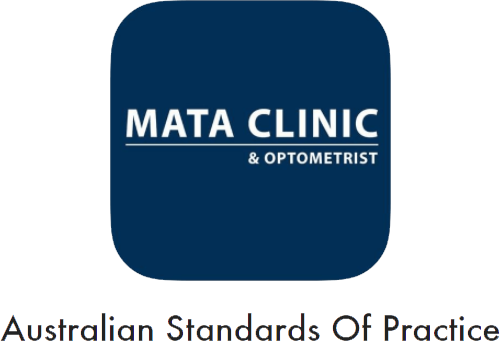When it comes to maintaining good eyesight and eye health, we often hear about the importance of carrots and leafy greens. However, there’s another colorful and delicious vegetable that deserves our attention in the quest for optimal vision – the tomato. Tomatoes are not just a flavorful addition to salads, sauces, and sandwiches; they are packed with essential nutrients that can be beneficial for your eyes. In this article, we’ll explore the various nutrients in tomatoes and how they contribute to healthy vision.
Vitamin A
One of the most critical nutrients for eye health is vitamin A. This essential vitamin plays a key role in maintaining the health of the retina, a light-sensitive layer at the back of the eye. It is essential for the proper functioning of your vision, especially in low-light conditions. Tomatoes are a rich source of vitamin A, primarily in the form of beta-carotene, which the body converts into vitamin A when needed.
Lutein and Zeaxanthin
Lutein and zeaxanthin are powerful antioxidants that belong to the carotenoid family. These compounds are found in high concentrations in the macula of the eye, which is responsible for central vision and the perception of fine details. Lutein and zeaxanthin act as natural sunblock for the eyes, helping to protect them from harmful ultraviolet (UV) rays. Regular consumption of tomatoes can increase the levels of these antioxidants in your eyes, reducing the risk of age-related macular degeneration and cataracts.
Vitamin C
Tomatoes are an excellent source of vitamin C, which has various eye-protecting benefits. Vitamin C is known for its ability to reduce the risk of cataracts by maintaining the health of the eye’s lens. Additionally, it helps combat oxidative stress, which can lead to eye diseases. Including tomatoes in your diet can boost your daily vitamin C intake and provide valuable support to your eyes.
Potassium
Potassium is a vital mineral for maintaining healthy blood pressure. High blood pressure can lead to eye conditions like hypertensive retinopathy, which can affect the blood vessels in the eyes. Tomatoes are a great source of potassium, which can help regulate blood pressure and promote overall eye health.
Vitamin B6
Vitamin B6, also known as pyridoxine, is another nutrient found in tomatoes that contributes to eye health. It plays a role in the synthesis of neurotransmitters in the retina, which are essential for processing visual information. A deficiency in vitamin B6 may lead to various eye problems, making tomatoes a valuable addition to your diet to ensure adequate intake of this nutrient.
Incorporating Tomatoes into Your Diet
Now that you understand the eye-boosting potential of tomatoes, you may be wondering how to include them in your daily meals. Here are a few ideas to help you make the most of this nutritious fruit (yes, it’s botanically a fruit!):
Fresh Tomato Salad: Slice fresh tomatoes, add some basil, mozzarella cheese, and drizzle with olive oil and balsamic vinegar for a delicious and nutritious salad.
Tomato-based Sauces: Use tomato-based sauces for pasta, pizza, and soups to enjoy the benefits of tomatoes while adding flavor to your dishes.
Snacking: Cherry or grape tomatoes make a convenient and healthy snack. Dip them in hummus or enjoy them on their own.
Gazpacho: This cold tomato soup is not only refreshing but also nutritious, making it a perfect summertime treat.
Tomato Salsa: Create your own homemade tomato salsa with fresh ingredients, and use it as a dip or topping for various dishes.
Tomatoes, with their rich content of vitamin A, lutein, zeaxanthin, vitamin C, potassium, and vitamin B6, offer a myriad of nutrients that can contribute to maintaining healthy eyes and vision. By incorporating tomatoes into your diet, you can take proactive steps to protect your eyes from age-related issues and support overall eye health. So, the next time you enjoy a tomato-based dish, remember that you are not only satisfying your taste buds but also nourishing your precious sense of sight.




Recent Comments